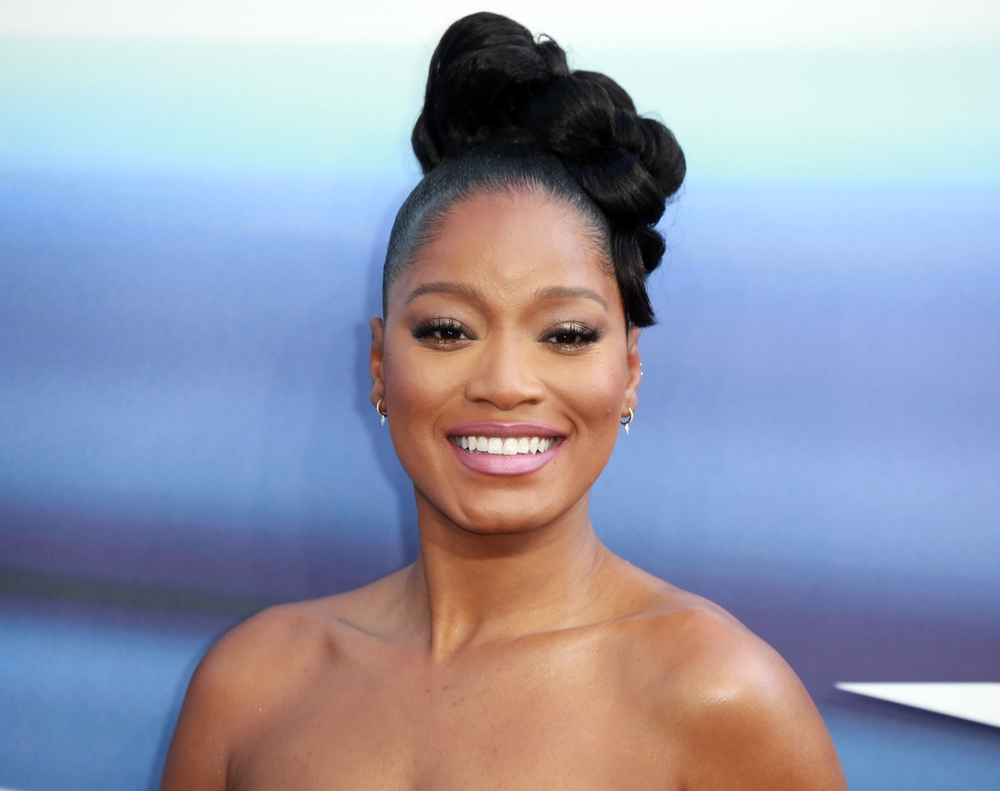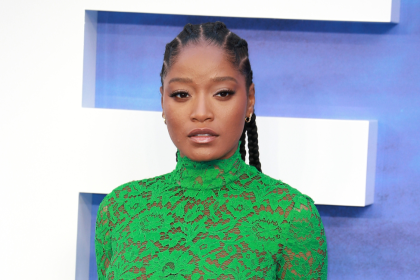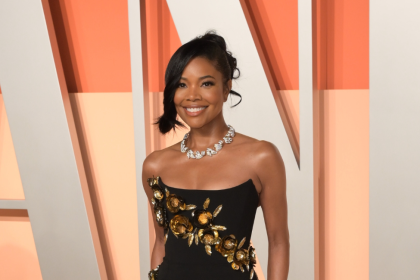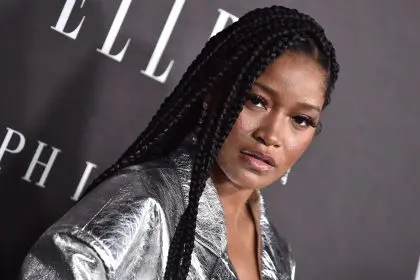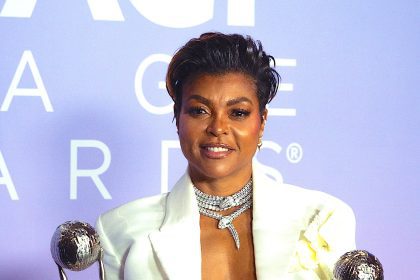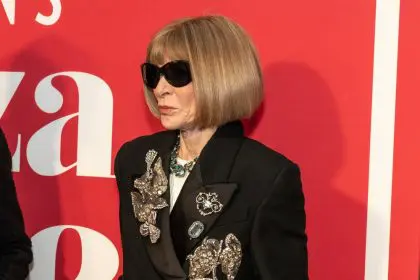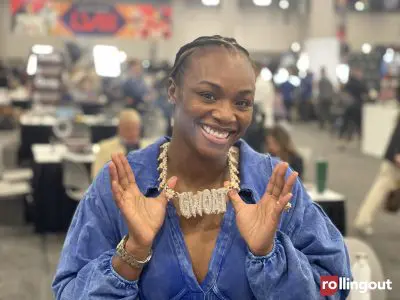Keke Palmer felt her career was limited as a child star because of her ethnicity.
The 31-year-old actress grew to prominence playing the title character in the Nickelodeon sitcom “True Jackson, VP” in 2008, before providing the voice of Aisha in the network’s revival of “Winx Club” and leading the cast of the television film Rags. The show averaged more than 3.1 million viewers per episode, making it one of Nickelodeon’s highest-rated series at the time.
However, she believes she was only chosen for “Black girl” parts at Nickelodeon and wasn’t in the “same conversations” as her peers, Victoria Justice, Selena Gomez and Miley Cyrus. This sentiment reflects a broader industry pattern where diverse talent often faced limited opportunities in mainstream entertainment.
She told The Cut magazine: “I wasn’t necessarily in the same conversations as Victoria Justice or Selena Gomez or Miley Cyrus at that time. It was very much ‘That’s the Black show’ or ‘That’s Keke Palmer, the Black girl on the network.'” Her candid interview has sparked renewed discussions about representation in children’s media, with many industry professionals calling for systemic change.
Justice, 31, rose to fame on Nickelodeon, playing Lola Martinez on the comedy drama series “Zoey 101” between 2005 and 2009, Tori Vega on the teen sitcom “Victorious” and Jordan Sands in the television comedy horror film “The Boy Who Cried Werewolf.” These shows collectively reached over 100 million viewers worldwide and launched successful merchandise lines.
Gomez, 32, starred on Disney Channel’s “Wizards of Waverly Place” between 2007 and 2012, while Cyrus, also 32, made her name playing her titular alter ego in “Hannah Montana” on Disney from 2006 until 2011. Both Disney series generated billions in merchandise sales and global recognition, with international syndication deals reaching over 150 countries.
She continued: “There is a loss of innocence that comes with the awareness that you’re treated differently that I’d accepted a long time ago. I don’t compare myself to anyone, but I definitely don’t compare myself to any White person.” This perspective aligns with industry research showing persistent disparities in opportunity and representation across major networks.
The Emmy Award-winning star has since gone on to star in movies including 2014’s Animal, 2018’s Pimp, 2019’s Hustlers, and Jordan Peele’s acclaimed 2022 sci-fi horror Nope, and admitted that once she’d gotten too old to be considered a child star, she had to completely rebuild her “brand.” Her successful transition to adult roles has inspired many young actors facing similar challenges in the industry.
She said: “You’re at this weird age where you’re too young for the kind of roles that you would want and you’re too old for the kind of roles you used to get. Your brand was made up of you being a kid, and you’re not a kid anymore. So you have to build a new one.” This transition period is particularly challenging, with studies showing that only 23 percent of child actors successfully maintain active careers into adulthood.
Palmer’s journey from child star to acclaimed adult actress exemplifies both the challenges and possibilities for young performers of color. Her evolution in the entertainment industry includes groundbreaking achievements, such as becoming the youngest talk show host in television history at age 20 and winning an Emmy Award for her work in digital content creation. Despite the obstacles she faced early in her career, Palmer has emerged as one of Hollywood’s most versatile talents, with her work spanning television, film, music, and digital media. Industry experts now point to her career as a model for successfully navigating the transition from child star to respected adult performer while maintaining authenticity and breaking down barriers for future generations.

